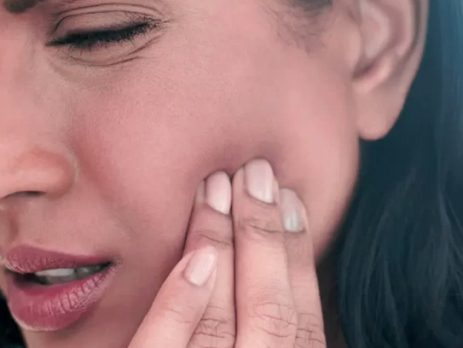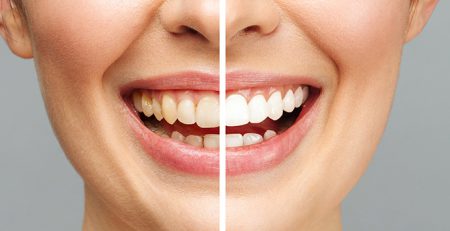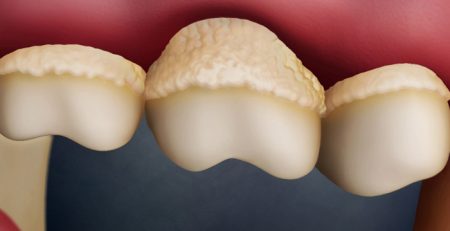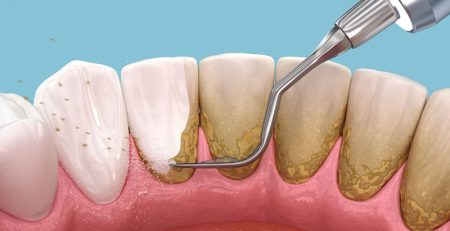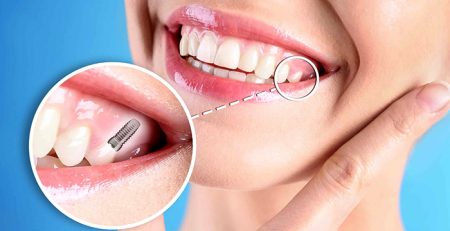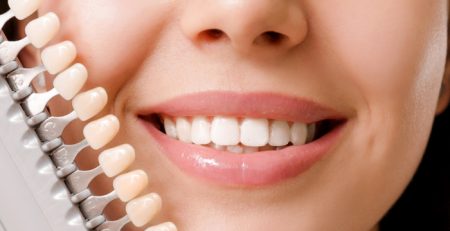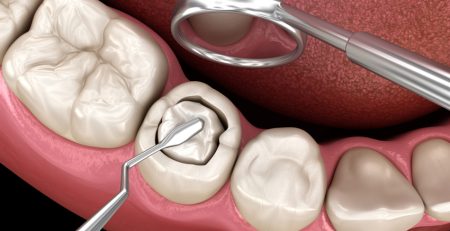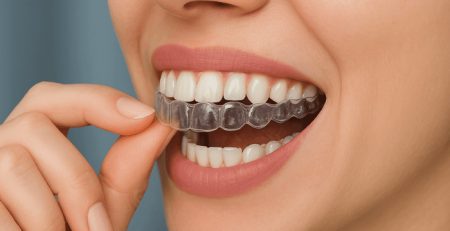Why Does the Jaw Make Noise? Causes, Symptoms & Treatments – Melsadent Tuzla
Why Does the Jaw Make Noise? Causes, Symptoms & Treatments – Melsadent Tuzla
Many people may hear a “click,” “pop,” or grinding sound from their jaw while eating, talking, or yawning in daily life. This situation is often associated with jaw joint disorders and is medically referred to as “Temporomandibular Joint (TMJ) Disorder.” The jaw joint is a complex structure connecting the lower jaw to the skull, and issues in this structure during movement can cause noises.
Jaw noises alone may not indicate a serious disease. However, if they occur alongside pain, jaw locking, headaches, or teeth grinding habits, they should be evaluated by a dental specialist.
Causes of Jaw Noise
Various factors can lead to jaw noise, often related to the misalignment or dysfunction of the jaw joint and surrounding muscles. Common causes include:
Jaw Joint Disc Problems
The jaw joint contains a cartilage-like structure called the disc. This disc cushions the joint and allows smooth movement. If the disc slips or moves out of place, jaw noises are very common.
Bruxism (Teeth Grinding and Clenching)
Grinding or clenching teeth unconsciously during sleep or daytime can strain jaw muscles, causing joint sounds. Bruxism also contributes to tooth wear and jaw pain.
Trauma and Injuries
Blows to the jaw can damage the joint structure, potentially leading to noise and pain during jaw movement.
Stress and Muscle Tension
Excessive jaw muscle contraction due to stress can interfere with proper joint function, causing clicking or popping sounds.
Improper Chewing and Bite Problems
Misaligned teeth or incorrect bite patterns can disrupt natural jaw movement, leading to joint strain and noise.
Symptoms of Jaw Noise
– Pain or tenderness in the jaw joint
– Locking sensation when opening or closing the mouth
– Pain in the head, neck, or ear region
– Difficulty chewing
– Limited jaw movement
Can Jaw Noise Be Treated?
Jaw noises are often treatable. The treatment plan depends on the underlying cause. Potential methods include:
Night Guard (Splint) Use
For jaw problems caused by teeth grinding or clenching, night guards are highly effective. These custom appliances protect teeth and support joint health.
Physiotherapy and Exercises
Exercises that strengthen jaw muscles and physiotherapy can help regulate joint movement and reduce noise.
Stress Management
Psychological support, relaxation techniques, and lifestyle changes may benefit individuals with stress-related muscle tension.
Orthodontic Treatment
If bite problems or teeth misalignment are causing jaw noise, orthodontic treatments may be recommended.
Medication
Muscle relaxants or pain relievers may be prescribed under professional supervision if necessary.
Surgical Intervention
In severe cases, surgery may be required for disc displacement or joint disorders. This option is generally considered a last resort.
Tips for Jaw Joint Health
– Avoid excessive chewing of hard foods
– Limit chewing gum use
– Recognize and control prolonged teeth clenching or jaw tension
– Regularly visit your dentist to monitor joint health
Frequently Asked Questions
Is jaw noise normal?
Occasional short-term noises may be normal. However, persistent sounds, especially with pain, may indicate a jaw joint disorder.
Will jaw noise go away on its own?
In mild cases, noises may resolve spontaneously. However, long-lasting or worsening symptoms require evaluation by a dentist.
Which specialist should I see for jaw noise?
Primarily, consult a maxillofacial surgeon or dental specialist. Collaboration with other experts may be needed if required.
Do night guards completely eliminate jaw noise?
Night guards are effective for jaw noise caused by grinding or clenching. Each case is different, and expert evaluation is essential for a definitive solution.
What happens if jaw noise is left untreated?
Untreated jaw disorders can lead to severe pain, jaw locking, and a significant decline in quality of life.
Although jaw noises may seem minor, serious underlying causes can exist. If the problem persists or occurs with pain, consult a maxillofacial and dental specialist immediately. Early diagnosis and proper treatment can control jaw disorders and improve quality of life.

